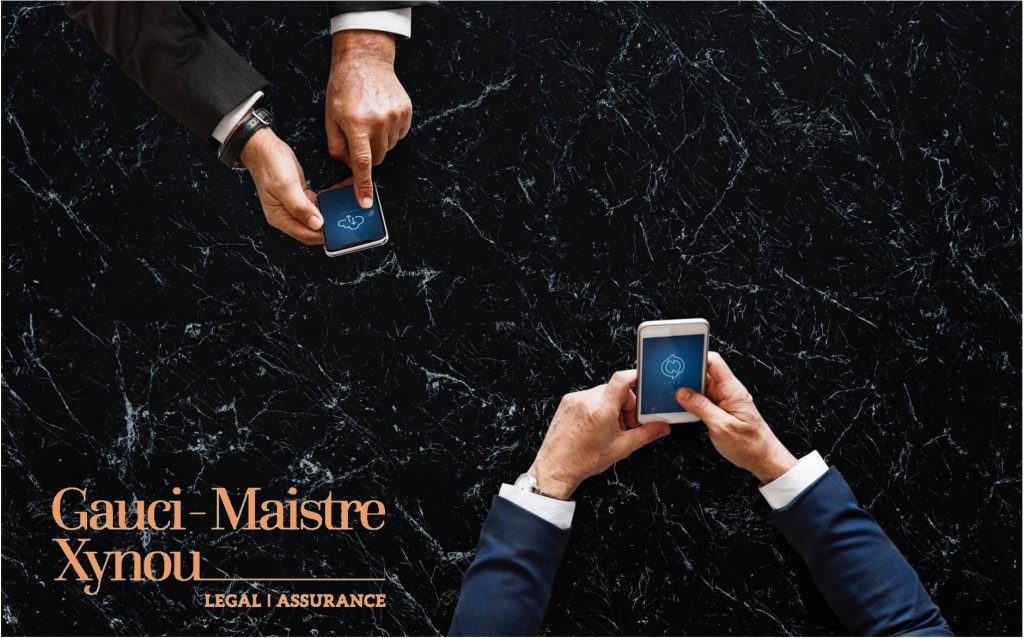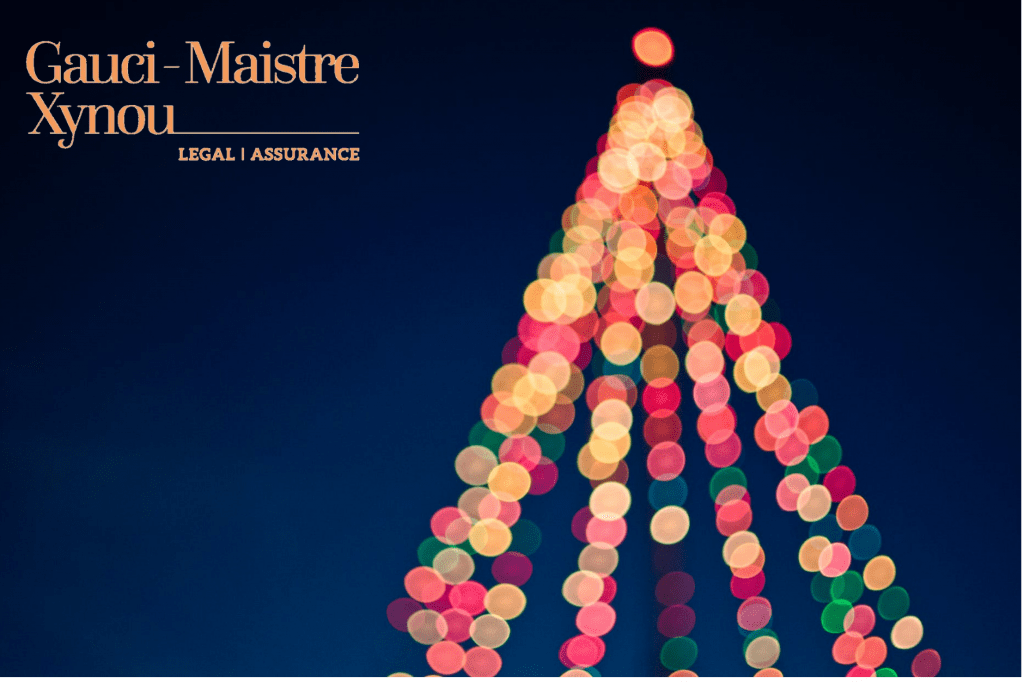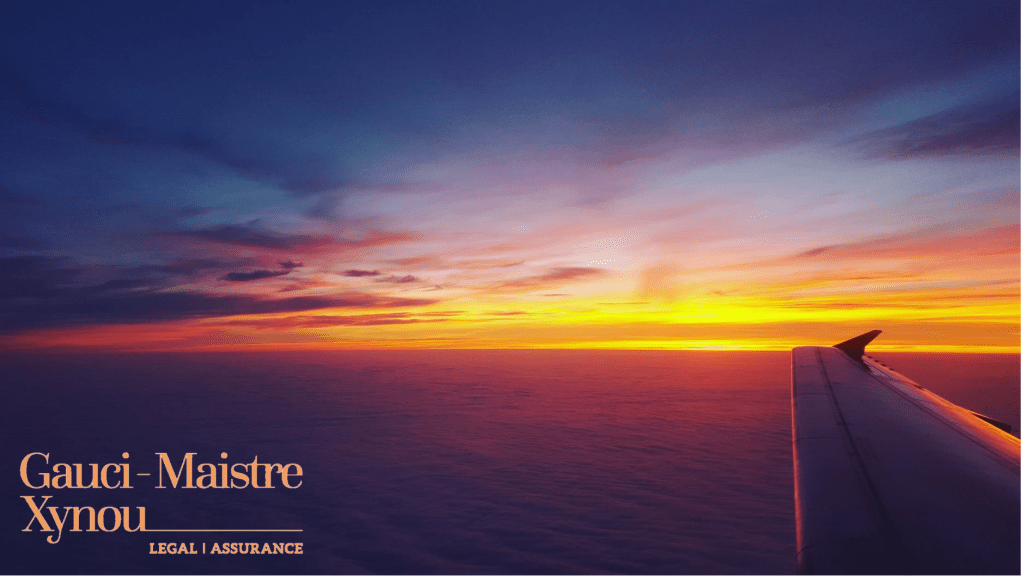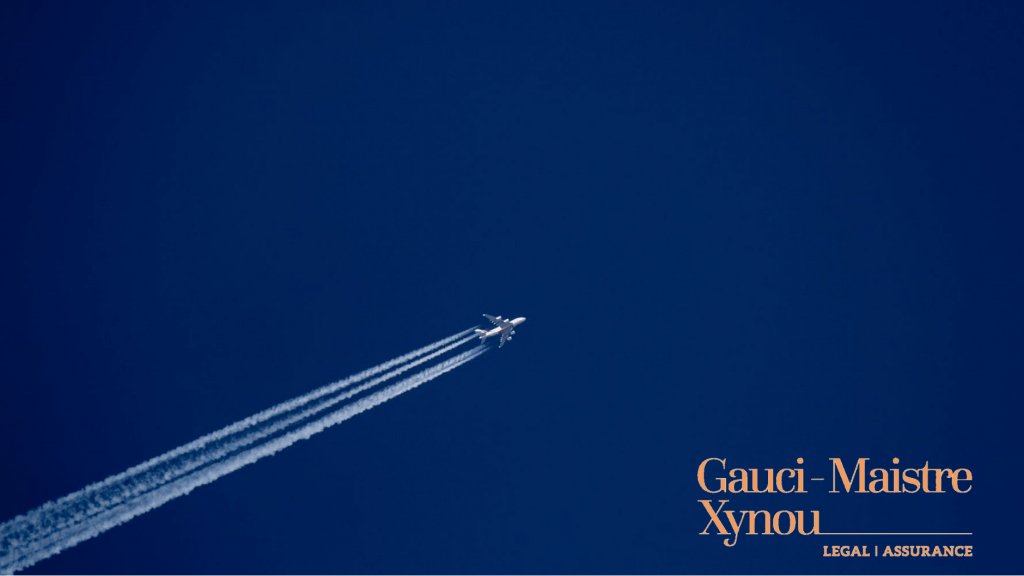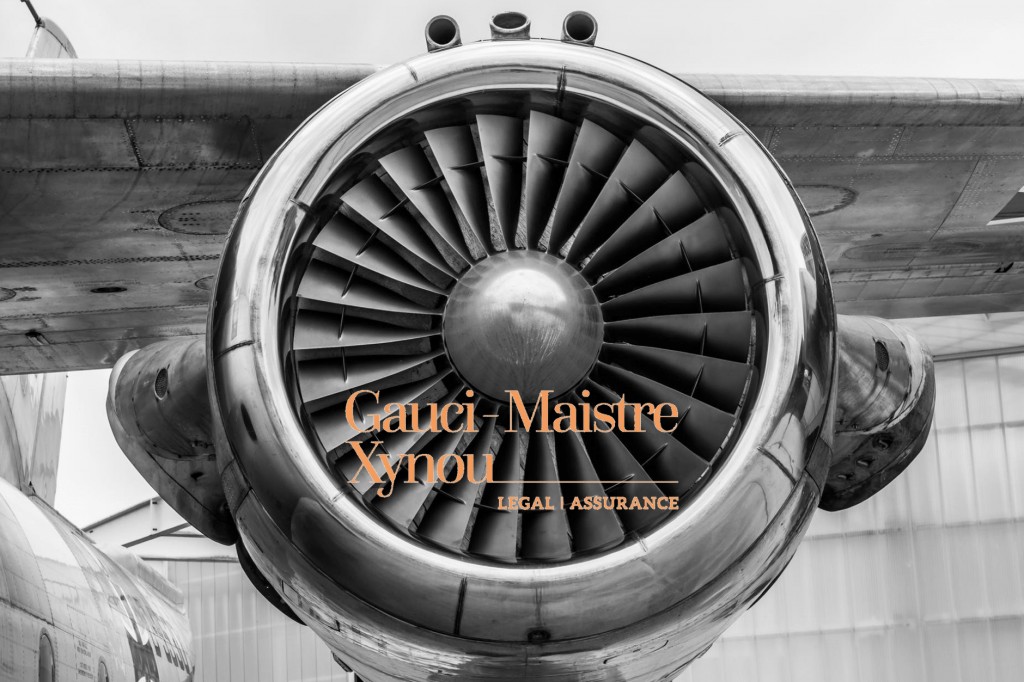Commercial or private aircraft need a passport or identity card to fly. Hilarious? Ridiculous? The answer is neither for a means of identification is what registration of moveable property essentially is all about. And like any type of seagoing vessel, aircraft is not bound to place of manufacture but to its operational headquarters. This basic premise, however, is much more than stating a legal requirement. For deciding where to register one’s aircraft unravels a list of legal, geopolitical and financial considerations which demand strategic thinking if one wants to make the optimum choice.
What renders Malta an ideal jurisdiction for aircraft registration?
A scrupulous legislation that incorporates the exigencies of the Cape Town Convention (aka the Cape Town Treaty) is the first attractive key factor, that is in turn augmented by the fact that Malta is an EU member state. In fact, Malta was one of the first member states to ratify the treaty on 1 October 2010 [Read ‘Malta’s Aviation Register Ensues Flying High’ for more comprehensive details]. Furthermore, apart from Maltese, the legal system in Malta is also written and conducted in English. The elimination of a language barrier plus factoring in the island’s convenient proximity to Europe, North Africa and the Middle East as well as a stable political climate point to three other significant advantages.
Fiscal benefits are an inevitable, crucial issue. Once again, Malta offers much more that its onshore EU jurisdiction. To begin with, Malta’s Aircraft Register is all-inclusive meaning it integrates both the the aircraft and mortgage registers. As a result, details of ownership, technical data and third-party rights over the aircraft and its engines are available in a one stop shop manner. Ratification of the Cape Town Treaty entitles clients registering their aircraft in Malta to the ‘Cape Town discount’ which translates into a reduction on their borrowing costs. Operational costs are also significantly lower than other EU countries. In addition, Malta is an EASA certified state and has an FAA Category rating, so that safety and security standards are of the highest level.
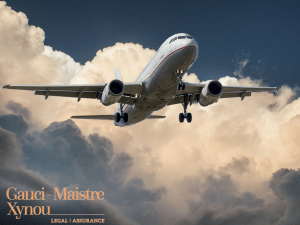
The main financial incentives to register aircraft in Malta:
- No import duty on the importation of civil aircraft into Malta.
- No stamp duty on aircraft.
- Income generated from the ownership, lease and/or operation of an aircraft or aircraft engine is exempt from Maltese tax since such revenue is deemed to arise outside Malta.
- This foreign source rule applies regardless of the aircraft’s country of registration, or whether the aircraft has called at, or operated from a Maltese airport.
- The VAT rate is based on airtime within EU airspace, the aircraft range in kilometres and the percentage of community use.
- The use of private jets by non-residents is tax exempt since such use does not generate income Significantly, only private aircraft from countries listed below [Sidebar 1] are eligible to be registered in Malta.
- Investment tax credits for any person carrying out repair, overhaul or maintenance of aircraft, aircraft engines and/or aircraft equipment registered in Malta.
- Double taxation treaties enable further tax savings. [See Sidebar 2]
- Elimination of currency conversion charges since companies can pay tax in any currency and receive tax rebates in any currency.
- Competitive accelerated depreciation periods (6 years for aircraft airframe engine & overhaul; 4 years for aircraft interiors and other parts)
- A flat 15% tax rate on minimum income of €75,000 up to maximum of €5,000,000 by virtue of Legal Notice 106 of 2011 applies to the renumeration of employees who are resident but not domiciled in Malta and who fall under the Highly Qualified Persons Rules. Income in excess of €5,000,000 is tax free. These persons comprise: Chief Executive Officers, Chief Financial Officers, Chief Operations Officers and Chief Commercial Officers.
- A flat 15% tax rate on minimum income of €75,000 up to maximum of €5,000,000 by virtue of Legal Notice 306 of 2012 applies to income from specified employments with companies holding an Air Operators’ Certificate issued under the terms of Article 4 of the Civil Aviation Act. This benefit also applies to personnel resident but not domiciled in Malta and includes the roles of Aviation Accountable Manager, Aviation Continuing Airworthiness Inspector, Aviation Flight Operations Inspector, Aviation Training Manager and Ground Operations Manager.
The impetus to promote Malta as a regional aviation hub has also enticed the likes of Lufthansa Technik to open their MRO workshop and training centre here in 2002 subsequently followed by SR Techniks, MCM, Medavia and Bravo Aircraft Technical Services Limited. Their presence offers ample proof of Malta’s appeal for stakeholders in the aviation industry.
While it would be unfair and unrealistic to compare Malta’s Aviation Register with the unequivocal success of its shipping counterpart, registering one’s aircraft in Malta seals an excellent deal.
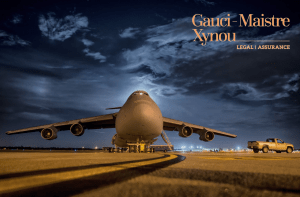
GMX has considerable experience in advising clients in the aviation sector.
The firm offers the following services in relation to Aviation:
Registration of Aircraft;
Sale and Purchase Agreement;
Charter and Lease Agreements;
Finance and Securitization;
Maintenance,
Repair and Servicing Agreements;
Claims against carriers;
Operational structures and tax planning;
Negotiations and drafting of aviation related services agreement;
Air Operator Certificates; and
Air Services Licenses.
Legal Support
For further information about how GMX can help you with your aviation law requirements kindly contact us.




